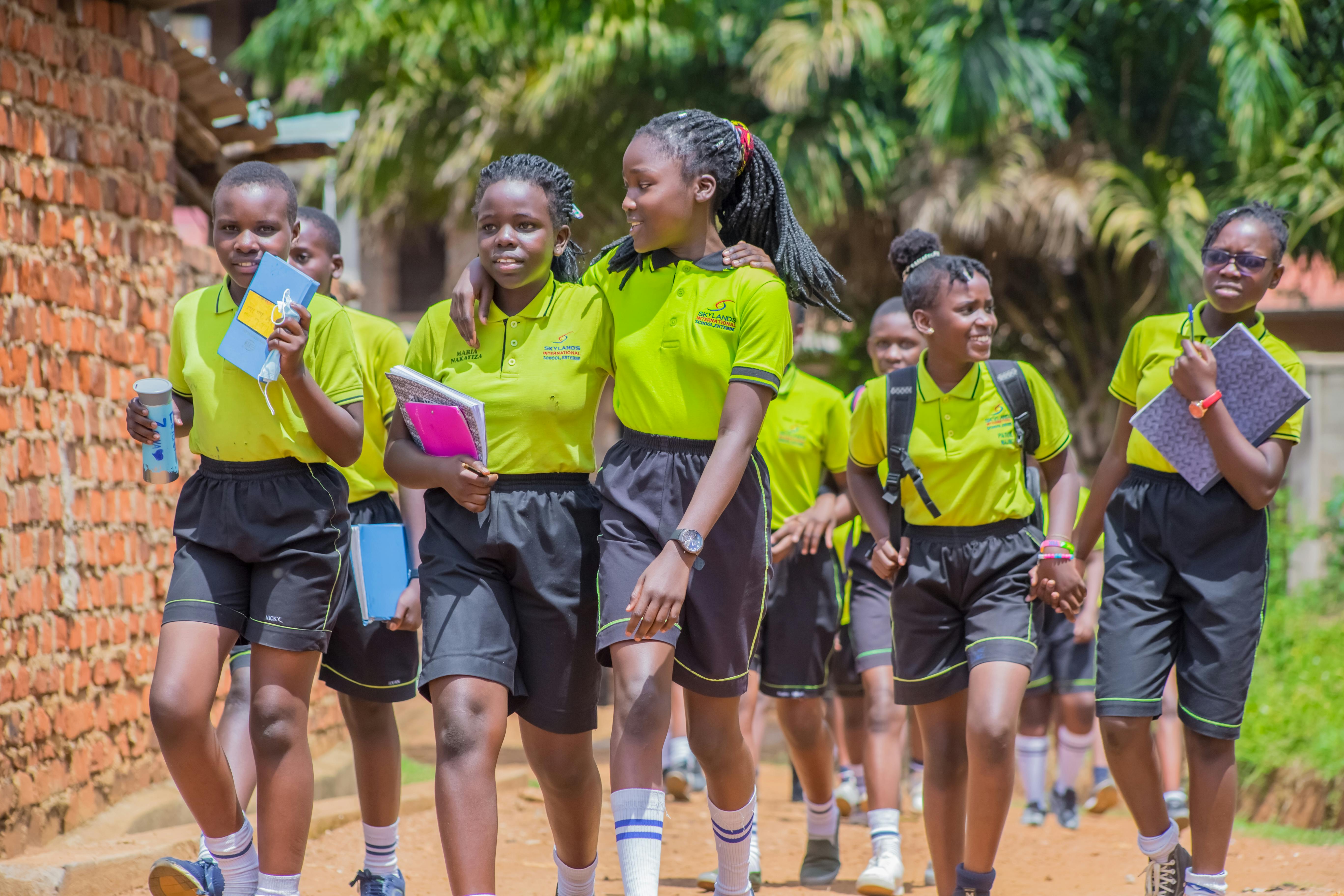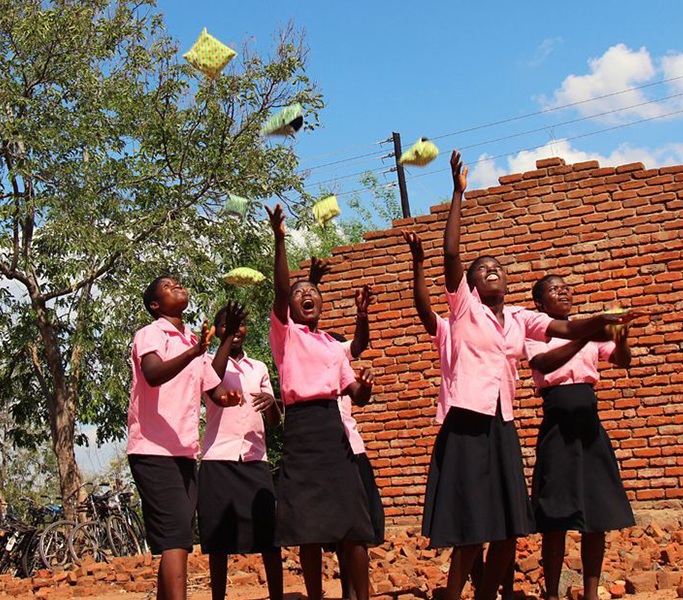
The organization accommodates partnerships from relevant stakeholders and renowned corporate bodies, hence our yearly proposal sets to seek out sponsorship that will help in the continuity of the project. Continuous development of existing menstrual hygiene educational materials made available through donor support and enhanced media publicity to promote and sustain the initiative.
The problem we are trying to solve is the high rate of drop out of orphaned female school going children. This has been attributed to discrimination of these girls by their peers, impoverished backgrounds that lead to lack of sufficient scholastic materials, school fees, menstrual materials for these girls. School drop out exposes these girls to teenage pregnancies and high chances of and contracting Sexually Transmitted Diseases.
To curb this, at Mwanamke Anaweza Community Initiative (MACI), we aim at empowering impoverished orphaned girls in primary and secondary schools and communities where they live through providing scholastic materials to support their education, provision of meals, menstrual materials and psychosocial counselling that contributes to improved school attendance and performance. We also offer skills training to empower these girls for their future. All this helps to relieve the plight of these impoverished orphaned girls and in future, these are able to lend a helping hand to other similarly disadvantaged girls.
Before any program is implemented, we select standard performance indicators and set targets against which performance or impact of the program is measured through out the implementation progress. We then collect baseline data/information and measure the magnitude of the prevailing problem before the program implementation. We then implement the program and during the implementation we record the impact or change attributed to the presence of the program compared to the baseline information and also compared to areas where the program was not implemented in reference to the selected indictors and desired outcomes. Frequent quarterly, semi annual and annual monitoring of achieved targets are compared with the planned targets. This is also done at the end of the program. We are also able to make a follow up of the program beneficiaries years after the end of the program to find out their status.
The program success is therefore determined by the positive outcomes/change on the beneficiaries in relation to the set targets for the selected indicators compared to the baseline situation and also compared to areas where the program was not implemented.
Examples of indicators we use to measure the success of our programs include: a higher number of orphaned girls that complete primary and secondary school being registered during and after the program implementation than at the baseline, a higher number of orphaned girls that perform better in class than they previously did before the program, lowe number of cases of HIV and teenage pregnancies in the schools and a higher number of girls that attend school regularly during the project implementation than did before the implementation.
The testimonies from the beneficiaries on how the program has positively impacted their lives are also used to measure success. As well as success stories from members of the communities, families and schools where there orphaned girls belong.


MACI aims to empower girls and women in Uganda by addressing challenges such as menstrual hygiene, health education, financial empowerment, and support for orphaned girls. Our goal is to reduce school dropouts, teenage pregnancies, and discrimination, enabling girls to achieve their full potential.
Through our Pad for Girl Initiative (P4GI), we provide menstrual hygiene products and education to girls in schools and communities. We also conduct workshops to break taboos and myths surrounding menstruation, ensuring girls can attend school regularly and with dignity.
Our Girls Health Care Initiative (GHCI) provides comprehensive health education, including sexual and reproductive health, to reduce teenage pregnancies and the spread of STIs. We also offer general hygiene and wellness training to promote healthy lifestyles.
Our Orphaned Girl Initiative (OGI) supports orphaned girls by providing scholastic materials, psychosocial counseling, and skills training. This helps them overcome discrimination and emotional challenges, enabling them to thrive in school and their communities.
Through our Girls Entrepreneurship-Life Skills Initiative (GELSI), we offer skills training in areas such as tailoring, crafts, and business management. These skills help girls generate income, support their families, and become financially independent.
You can support MACI by donating funds, menstrual hygiene products, or scholastic materials. You can also volunteer your time or skills to help us implement our programs. Visit our Contact Us page for more information on how to contribute.
MACI operates primarily in Uganda, with a focus on underserved communities and schools. We aim to expand our reach to more districts through partnerships and support from donors and corporate bodies.
We measure our impact through baseline data, performance indicators, and regular monitoring. We track improvements in school attendance, academic performance, health outcomes, and economic empowerment among the girls we serve. Testimonies from beneficiaries and communities also help us gauge our success.
At (MACI), we believe that empowering girls is the key to building stronger, healthier, and more prosperous communities. Donate now or get involved to be part of this transformative journey!